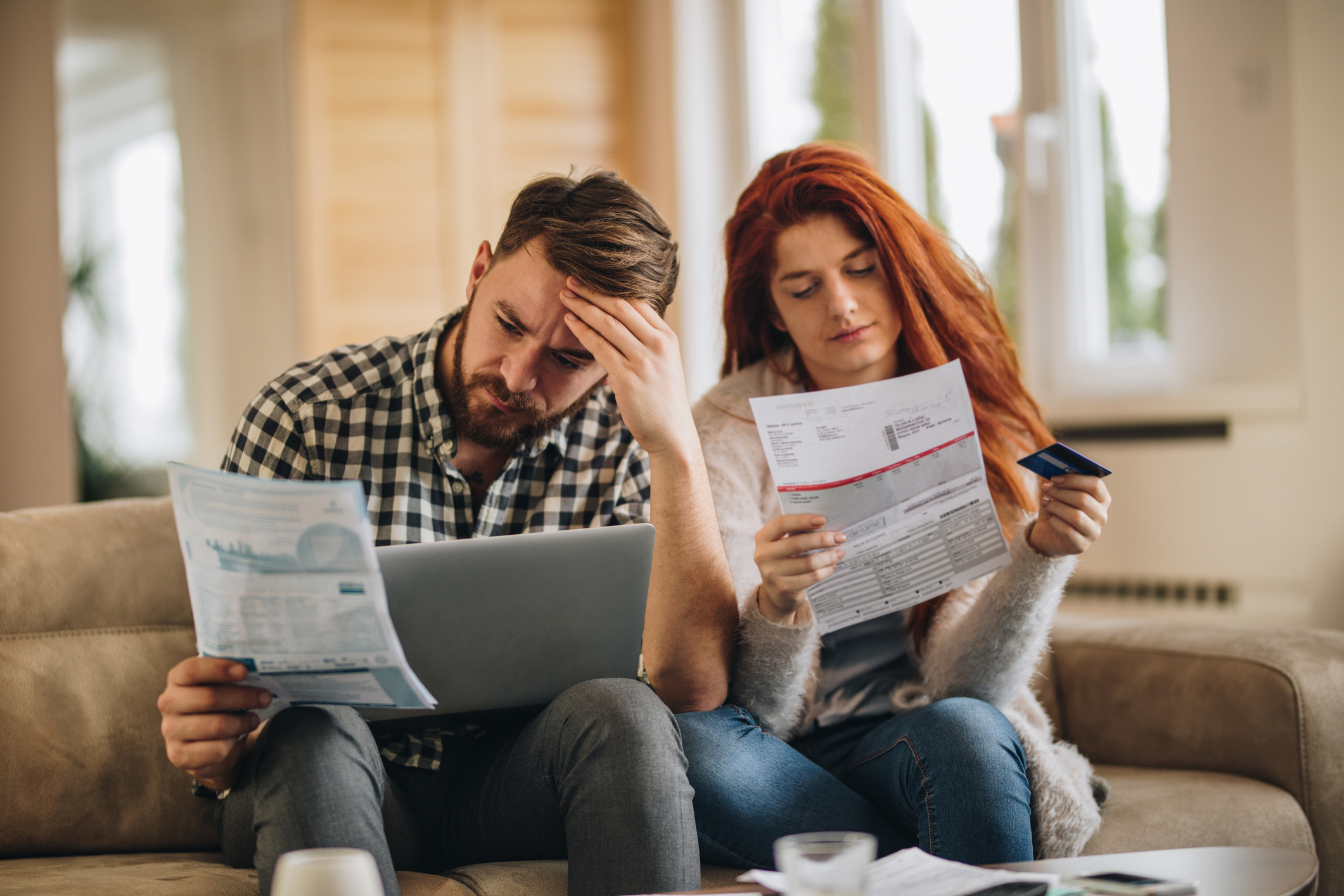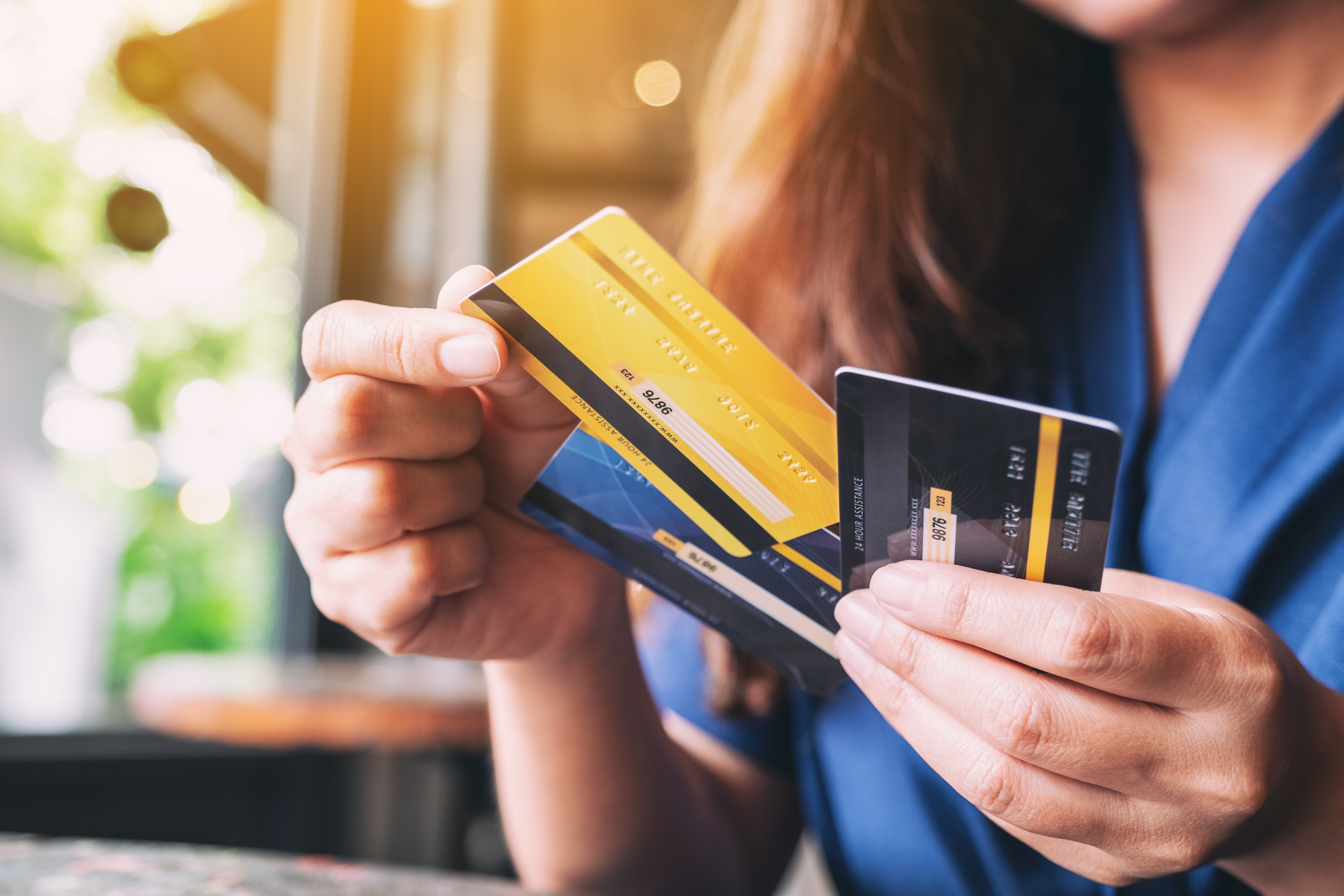Bad Credit Habits & How To Break Them
Many people make financial decisions that they believe will lead to a stronger overall credit profile for themselves without fully understanding the impact of those decisions. Unfortunately, a lot of these decisions are mistakes that end up hurting their overall credit and prevent them from being able to borrow money or get lower interest rates for things like buying a house. You can create more financial stability in your life by changing the ways you use and view credit. Here are some of the most significant bad credit habits people make and tips on how to break each.
Closing Credit Card Accounts
It can be very easy to think that closing an old credit card account would be a smart move. After all, you won’t be tempted to use that credit card if you close the account, and you won’t buy things you don’t need or can’t afford. However, the length of time your credit accounts have been open is one of the factors in determining your overall credit score. So, your older credit card accounts, no matter how much you use them, are actually benefiting your credit.
This is easy to fix – just don’t close your credit accounts. Some credit card companies will automatically close your account if you don’t use the card for a period of time, such as one year. It’s important to know these rules for each credit account so that you can use your cards the minimum amount to keep the accounts open.
Using Too Much of Your Credit Line
Credit utilization, or the amount of your credit line you’re currently borrowing, is another factor in your credit score. Using too much of your credit line can hurt your credit and make it more difficult to repay the amount you owe. Plus, the more credit you’re borrowing, the more interest you may pay.
You can break this bad credit habit by only using your credit lines when you need access to the money or are prepared to pay them off quickly. You can avoid paying interest on most credit cards if you pay off the amount within a single billing cycle, typically 30 days.
Making a Late Payment
Making late payments, even a single day late, can significantly affect your credit. This becomes especially true if you make a habit of paying late. Some lenders or credit card companies will charge you a fee for being a single day late and could cut you off from making further purchases on the account. Every late payment shows up on your credit score and having a history of late payments combined with closed accounts will negatively impact your credit for quite some time.
All you have to do to break this habit is make your payments on time. It could help to create a reminder on your phone to make the payment a day before your due date each month. If your due date falls on a bad date for you, such as one that occurs before your work’s payday, then talk to the credit company, and they will often change your monthly due date.
Not Using Your Active Credit Cards
Not using your active credit cards can hurt your credit, but it often prevents you from taking advantage of the benefits in your account. When a credit account is inactive, it isn’t benefiting you other than your credit utilization is lower than it could be. However, not using credit doesn’t prove that you can use credit effectively, which your credit score measures. Credit cards are likely to have benefits such as cashback that you could be missing out on by not using your account.
One way to break this habit and utilize the benefits you’ve been missing is to make small purchases with your credit card each month, like a tank of gas, or making a utility payment each month with your credit card as an automatic payment. You can pay off smaller amounts within 30 days, especially if it is something you are going to pay for anyway, like groceries or your power bill.
Only Paying the Minimums
When you carry a balance on your credit account, your goal should be to pay it off quickly. Many people avoid paying more than they have to on their credit cards because they get access to money while paying small amounts each month. They figure they will pay it off eventually. Unfortunately, the way that interest rates work makes it impossible to pay off the accounts by just making minimum payments. The longer you make those payments, the more you end up paying.
If you cannot pay off your credit account in the same month as your purchases and are going to accumulate interest, it’s a good idea to sit down and budget out how much you can afford to pay. Paying at least double the minimum is a good idea to help you pay off your credit card and ensure you’re minimizing the impact of interest on your account.
Buying Things You Can’t Afford
One of the biggest mistakes of all borrowers is getting access to credit they can’t afford to spend and making too many purchases with that account. Credit card debt is high in the U.S., and it isn’t showing any improvement. People live with the burden of credit payments every day, and much of it could be avoided if they decided not to use credit for things they can’t afford.
If you need to make a large purchase, figure out how long it will take to pay it off beforehand so you have an actionable plan to attack the debt. If you’re purchasing something you don’t need, it’s a good idea to sit down and see how long it will take to pay it off and how much interest you might end up paying to make that purchase before you decide to move forward.
Not Monitoring Your Credit
Another mistake a lot of people make is not monitoring their credit, especially since everyone has access to be able to do so. If you have stolen personal information, someone else could open up a credit account on your behalf and borrow money you might be responsible for. Getting on top of these situations quickly limits your potential risk. It’s much harder to explain to the credit card company why you didn’t know about purchases for several months than if you find out within the first couple of weeks.
You can monitor your credit score by getting your free credit report from each of the major bureaus each year. You can space out your free reports throughout the year so that you’re constantly seeing all activity on your credit profile. Many credit card agencies will also offer a free credit reporting and monitoring service, or you can hire a third party to do the same. These services notify you of any credit activity so that you can fix any issues instantaneously.
Bottom Line
Breaking bad habits is never easy, but in this case, it can be extremely rewarding. Getting access to credit and using it responsibly is important to make sure you can make large life-changing purchases like buying a house or getting a good interest rate on your dream car. However, the misuse of credit prevents many people from taking advantage of those things, and it can hurt your overall finances by making you pay more than you should. Breaking these bad habits is key to unlocking the benefits of credit.







